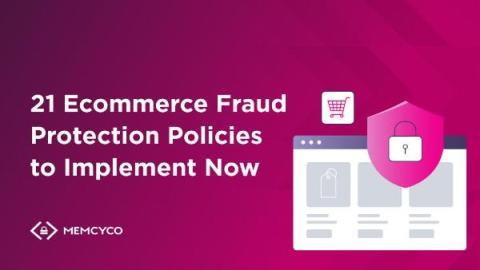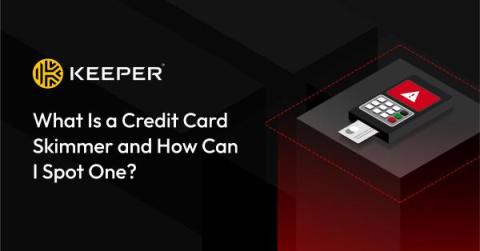Beware of Fraudulent Charge Messages
Be careful of emails, SMS messages, or calls claiming to be from your bank about your card being used fraudulently. If this ever happens, call the phone number on the back of your card. This is a very common sort of social engineering fraud. Do not get scammed like TV host Andy Cohen did.











